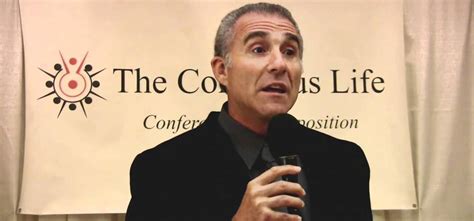A Quote by Jenny McCarthy
Why do other first world countries give children so many fewer vaccines than we do? Vaccines save lives, but might be harming some children. Is moderation such a terrible idea?
Related Quotes
Vaccines are a miracle; they're fantastic. Anything that makes people hesitate to give their children these vaccines according to the recommended schedule creates risk. Risk for the children who don't get vaccinated and risk for children, some of whom don't have an immune system, so they're benefiting from the fact that the community protection means the disease doesn't get to them.
We're still missing about a dozen vaccines that will make a huge difference. For adults, we've got HIV and TB are still huge; for kids malaria is still killing a half million kids a year out of that 6 million. We probably need some vaccines, but we need a little more data to make sure we're getting the vaccines that will save the most lives.
Even to this day, the government, the FDA is refusing to use the sophisticated biotechnology to evaluate the contaminants in the vaccines such as the polio vaccines that they are administering. I think (people) would be appalled that some of the vaccines that are currently being used are still laced with viruses.
In this article we begin to address the subject of vaccinosis, the general name for chronic dis-ease caused by vaccines. For some readers the very idea that vaccines are anything but wonderful and life-saving may come as a surprise, and it's not a very pleasant one. After all, the general population pictures vaccines as one of modern medicine's best and brightest moments, saving literally millions from the scourge of diseases like poliomyelitis and smallpox.
The main problem, certainly, for the people who will not get vaccinated with Thimerosal, which was put into polio vaccine. And the belief was that it may cause autism. And there's been an awful lot done in terms of studies in Western Europe, Canada, the United States, and no correlation was found between Thimerosal and autism from those children who took vaccines. Indeed, when Thimerosal was taken out of many of these vaccines, the autism rate in the United States still rose.





































